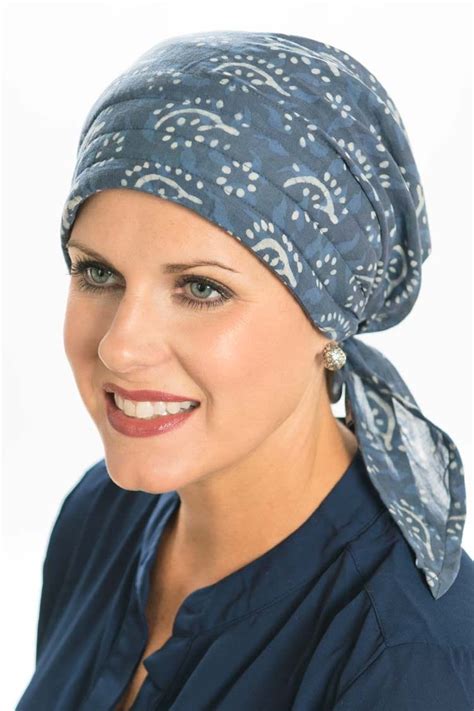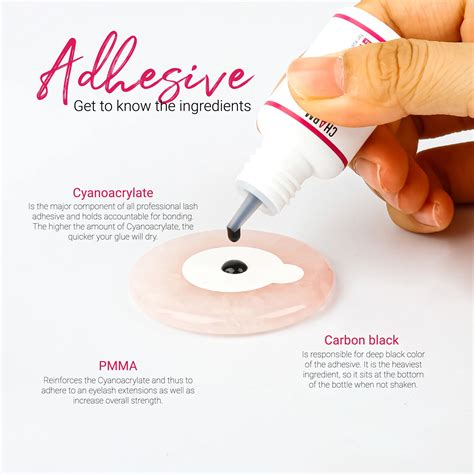Introduction
Hair extensions have become increasingly popular among individuals seeking to enhance the volume, length, or color of their natural hair. However, choosing the right adhesive to secure these extensions is crucial to ensure a long-lasting and comfortable wear experience. Glue for extensions offers a reliable bond between the natural hair and the extension strands, enabling seamless integration for a natural-looking result.

Types of Glue for Extensions
Various types of glue are available for hair extensions, each with its unique properties and intended uses:
Keratin Glue: This is the most commonly used glue for human hair extensions. It is a natural protein derived from keratin, a component found in both hair and nails. Keratin glue bonds to the cuticles of the natural hair, creating a strong and flexible hold.
Polyurethane Glue: Also known as PU glue, this type is a synthetic adhesive that is water-resistant and provides a firm bond. PU glue is often used for tape-in extensions and is less visible than keratin glue.
Silicone Glue: Silicone glue is a type of adhesive that offers excellent water resistance and flexibility. It is primarily used for lace or mesh wigs and provides a relatively long-lasting hold.
Choosing the Right Glue for Your Extensions
The choice of glue for hair extensions depends on several factors:
Type of Hair Extension: Different adhesives are suitable for various types of extensions. Keratin glue is ideal for keratin bond extensions, PU glue for tape-in extensions, and silicone glue for lace wigs.
Hair Type: The thickness and porosity of the natural hair can influence the type of glue required. Thicker, coarser hair may require a stronger glue, while finer hair may benefit from a more flexible adhesive.
Desired Hold: Consider the length and weight of the extensions and the desired hold duration. Some adhesives provide a semi-permanent bond lasting several months, while others allow for temporary attachment.
Application of Glue for Extensions
Applying glue for hair extensions is a delicate process that requires precision and expertise:
Hair Preparation: Cleanse the natural hair thoroughly to remove any dirt or buildup that may interfere with the adhesion. Dry the hair completely before applying the glue.
Extension Preparation: Prepare the extension strands by applying the appropriate amount of glue to the base or attachment points. Ensure that the glue is evenly distributed and not excessive.
Attachment: Position the extension strands close to the natural hair and gently press them together. Hold them firmly for a few minutes to allow the glue to set.
Cooling Time: Once attached, allow the glue to cool completely before combing or styling the hair. This will ensure a secure bond and prevent the extensions from slipping out of place.
Pros and Cons of Glue for Extensions
Pros:
- Strong and long-lasting hold
- Seamless integration with natural hair
- Available in different types for specific needs
Cons:
- Requires professional application and removal
- Can be uncomfortable to wear for extended periods
- May damage the natural hair if not applied correctly
Strategies for Effective Application
- Use high-quality glue specifically designed for hair extensions.
- Perform a strand test to determine the appropriate amount of glue required.
- Apply the glue evenly and accurately to the extension strands and the natural hair.
- Allow ample time for the glue to cool before manipulation.
- Avoid over-applying glue, as this can lead to stiffness and damage.
- Use a clean and dry brush to remove any excess glue after application.
Tips for Customer Satisfaction
- Answer customer questions thoroughly and address any concerns they may have.
- Provide clear instructions for application and maintenance.
- Offer a satisfaction guarantee to build customer confidence.
- Seek feedback to improve the quality of products and services.
Conclusion
Glue for extensions plays a vital role in achieving a secure and natural-looking hair extension experience. By understanding the different types of glue available, choosing the right adhesive for your needs, and applying it correctly, you can enjoy the benefits of beautiful and long-lasting hair extensions. Remember to consult a professional hairstylist for expert advice and application to ensure optimal results.
